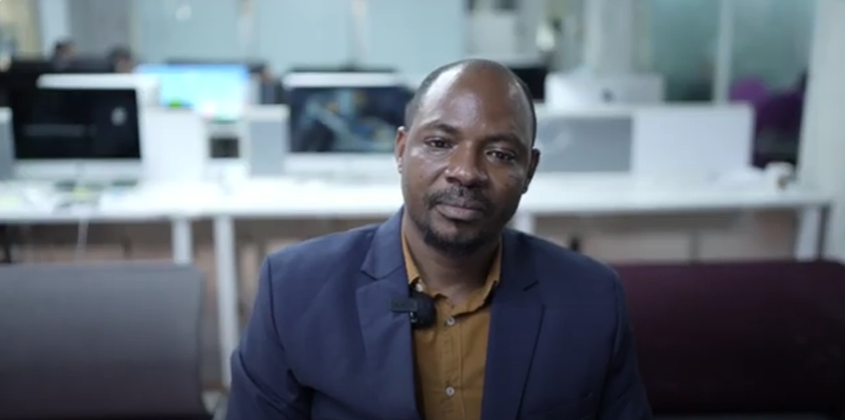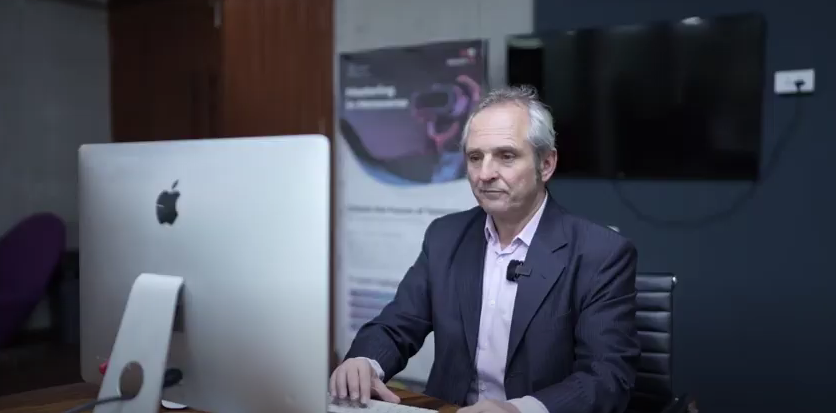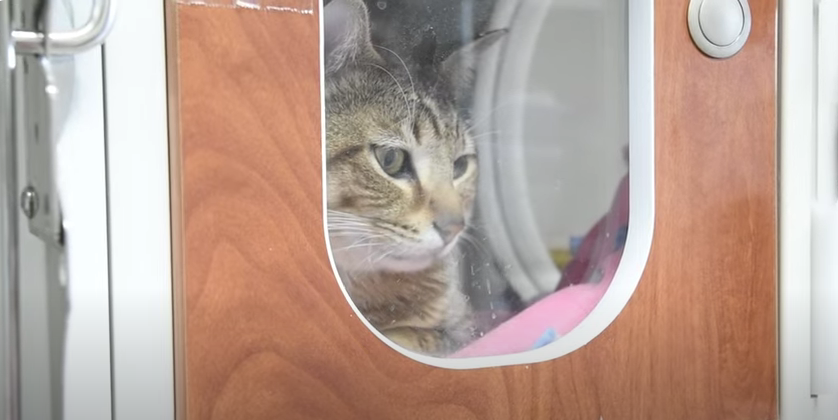Dr. Manjeet Rege
Dr. Manjeet Rege is a prominent figure in the realm of technology and innovation, known for his
extensive involvement in numerous groundbreaking projects. With a deep passion for advancing
knowledge, he has played a pivotal role in various research initiatives that bridge the gap between
theory and practical application.
His work spans several domains, including artificial intelligence, machine learning, and agricultural
technology. Manjeet has collaborated with a diverse range of experts and researchers, contributing
valuable insights that have led to significant advancements in these fields.
Through his innovative approaches, he has developed solutions that address real-world challenges,
from enhancing crop health monitoring to improving sentiment analysis techniques in political
polling. His commitment to fostering collaboration among researchers and practitioners has made him
a respected leader in the tech community.
In addition to his research, Manjeet is dedicated to mentoring the next generation of innovators,
guiding students and young professionals as they embark on their own projects and research
endeavors. His influence extends beyond academia, inspiring a broader dialogue on the impact of
technology in our lives.
Jordana AI
Overview
Jordana AI is an innovative conversational chatbot designed to replicate the voice and
personality of Jordana Green, a Minnesota radio personality and leukemia survivor. The
primary goal of this project is to create a supportive digital presence for individuals
affected by cancer, offering them a space to ask questions, share concerns, and seek advice
from an AI that embodies Green's insights and experiences.
Objectives
Support and Information: To provide an accessible platform for patients and
families affected by cancer, enabling them to engage in meaningful conversations and receive
guidance on navigating their health journeys.
Legacy and Outreach: To extend Green's impact beyond her physical
presence, allowing her voice and message to reach a broader audience, particularly through
the National Marrow Donor Program (NMDP).
Interactive Experience: To facilitate user engagement by creating a
chatbot that not only resembles Green in appearance and voice but also reflects her
knowledge and personal experiences.
Development Process
Collaboration with Experts: The project was initiated by Jordana Green in
partnership with Professor Manjeet Rege and his graduate students. They aimed to train the
AI using transcripts from Green's radio show, providing a robust knowledge base.
Prototype Creation: Graduate student Ilyas Alhassan played a crucial
role in developing an early prototype, focusing on natural language processing and user
interaction design.
Ethical Considerations: Throughout the development, there was a
strong emphasis on ethical implications, particularly regarding the use of Green's likeness
and voice in an AI format. Rege cautioned against potential misuse but ultimately supported
the project due to its meaningful purpose.
Potential Impact
Patient Support: Jordana AI could serve as a crucial resource for
individuals seeking support, offering a familiar and comforting voice during challenging
times.
Awareness and Advocacy: By integrating the chatbot into the NMDP
website, the project aims to enhance awareness about blood cancers and encourage more people
to join the donor registry.
Emotional Connection: The ability for Green's children and others
facing serious health challenges to "chat" with her digital avatar provides a unique
emotional connection, helping to alleviate feelings of isolation and fear.
Jordana AI Video (Click to Play)

Insurance Recommender Chatbot
Overview
The Insurance Recommender Chatbot is a project developed in collaboration with Optum, aimed
at assisting users in finding suitable insurance options. This AI-driven solution focuses on
streamlining the process of selecting insurance policies, making it easier for individuals
to understand their choices and access personalized recommendations.
Objectives
User-Friendly Experience: To simplify the often complex and overwhelming
process of selecting insurance, providing users with clear and tailored recommendations
based on their specific needs and circumstances.
Accessibility: To ensure that individuals, regardless of their
familiarity with insurance terms, can navigate their options effectively and make informed
decisions.
Data-Driven Insights: To leverage AI algorithms to analyze user data
and preferences, enabling the chatbot to provide relevant suggestions that align with users'
lifestyles and financial situations.
Development Process
Collaboration with Industry Experts: The project involves partnership with
Jote Taddese, a vice president of software engineering at Optum, ensuring that the chatbot
is grounded in industry knowledge and expertise.
Student Involvement: Students from the University of St. Thomas are
gaining hands-on experience in AI development, machine learning, and natural language
processing as they work on this project, enhancing their skills and preparing them for
careers in AI.
Prototyping and Testing: Similar to the Jordana AI project, initial
prototypes will be developed and tested to refine the chatbot's capabilities and improve
user interaction based on feedback.
Potential Impact
Informed Decision-Making: By providing clear and tailored recommendations,
the chatbot could empower users to make better-informed decisions regarding their insurance
options.
Increased Efficiency: The AI-driven approach can significantly reduce
the time and effort required to compare different insurance policies, streamlining the
process for users.
Market Adaptation: As the insurance landscape evolves, the chatbot can
be updated with new policies and information, ensuring users always have access to the
latest options.
Insurance Recommender Avatar Chatbot (Click to Play)

Serverless Data Pipeline for Secondhand Hounds
Overview
The Serverless Data Pipeline for Secondhand Hounds is an innovative project aimed at automating the data
management processes for a non-profit animal rescue organization. The primary goal of this project is to
create an automated data pipeline that captures, processes, and analyzes pet surrender applications, enabling
data-driven decision-making to mitigate the rise in pet surrenders.
Objectives
Automated ETL Process: To automate the extraction, transformation, and loading (ETL) of
surrender application data from the organization's website to a centralized database.
Data Integrity: To implement validation checks to ensure the accuracy and reliability of
data collected during the surrender application process.
Centralized Data Storage: To utilize a cloud-based NoSQL database for efficient storage and
retrieval of surrender data.
Business Intelligence Reporting: To create a dashboard that provides insights into trends
related to pet surrenders, helping the organization make informed decisions.
Development Process
Collaboration with Secondhand Hounds: The project was initiated in partnership with the
Secondhand Hounds team to understand their data management needs and challenges.
Cloud Service Selection: After assessing various cloud service providers, Microsoft Azure
was selected for its robust offerings and non-profit support, including credits for free services.
Data Pipeline Implementation: The data pipeline was developed using serverless Azure
Functions to automate the ETL process. Python was used for data transformation, and the Azure Cosmos DB
was chosen for centralized storage due to its flexible schema and scalability.
Dashboard Creation: A business intelligence dashboard was built using Power BI to visualize
surrender trends and facilitate data-driven decision-making.
Potential Impact
Improved Data Management: The automated data pipeline significantly reduces manual data entry,
minimizing errors and enhancing data integrity.
Informed Decision-Making: With access to real-time data analytics, Secondhand Hounds can
identify trends in pet surrenders and develop targeted strategies to address the root causes.
Enhanced Operational Efficiency: By streamlining data processing and reporting, the
organization can allocate resources more effectively and focus on its mission of rescuing and rehoming pets.
Support for Future Growth: The scalable nature of the cloud-based solution allows Secondhand
Hounds to adapt to increasing data volumes as their operations expand.
Serverless Data Pipeline for Secondhand Hounds (Click to Play)



